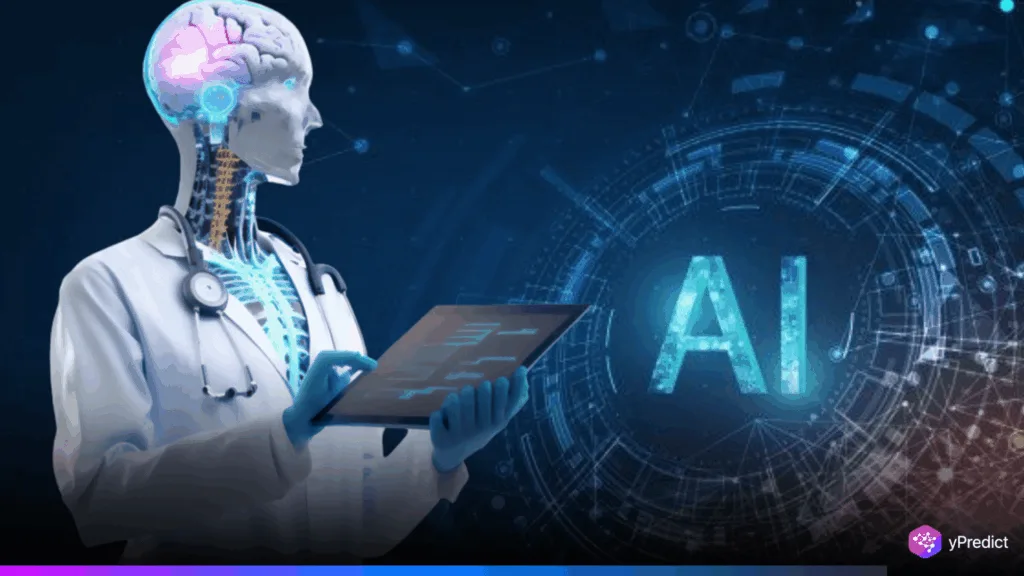
Artificial intelligence is reshaping how general practitioners care for vulnerable patients at Hull’s Jean Bishop Integrated Care Centre. In honor of the local hero “Bee Lady,” the center uses artificial intelligence (AI) in healthcare tools like Heidi Health to cut down on paperwork and free up doctors’ time to talk to patients.
Dr. Andy Noble, a specialist in frailty, and his team are testing this GP technology to provide more individualized care and reduce staff stress. The center provides a new paradigm for effective, compassionate healthcare through full-day patient assessments.
How Is Tech Changing GP Consultations Today?
The Jean Bishop Centre is testing an AI system that can write patient notes, create transcripts in real time, and listen during consultations. Heidi Health is a medical AI tool that helps general practitioners avoid taking notes when interacting with patients. Additionally, the program can create discharge notes, medication lists, referral letters, and care summaries.
Dr. Noble explained how the technology eases the burden of documentation. “I’m able to make a little more eye contact. I’m more relaxed speaking to patients. [I hope] they also feel that benefit,” he said. After a consultation, the tool enables him to press a single button to obtain a comprehensive summary. In addition to saving him time, this raises the standard of care.
Jean Bishop Center’s Use of AI in Healthcare
The center, which was named for Jean Bishop, a well-known community fundraiser, is home to general practitioners, social workers, nurses, and others. Patients like David, who is eighty-one, attend day sessions that include lunch and a health check. “They’re all brilliant here. I cannot thank them enough,” said David. “I wish I’d found it a year ago; I really do.”
David appreciated how medical AI was used to keep track of his health history. “It’s got all of my records now. They can look back on it and pick up everything,” he shared. He and his wife were appreciative of the care center’s assistance following a hospital stay that left them feeling hopeless.
For Dr. Noble, managing hour-long appointments has been made simpler by GP technology such as Heidi Health. “It does all the donkey work,” he said. The AI manages the majority of the documentation, reducing admin time by half, though some edits are still required. This enables healthcare providers to continue their education, take breaks, and prevent burnout.
The Road Ahead for AI in Healthcare
The benefits of AI in healthcare go beyond one center. AI technologies are being tested throughout the NHS to read scans, identify bloodwork infections, and identify early-stage cancers. Additionally, these tools lessen the workload for general practitioners, freeing up time for relationships and high-quality care.
The BMA’s Dr. Katie Bramall-Stainer pointed out that although medical AI has the potential to be revolutionary, there are risks involved. “AI is subject to bias and error, can potentially compromise patient privacy, and is still very much a work-in-progress,” she said.
There are still certain difficulties, such as language barriers. Dr. Noble acknowledged that local accents were a problem for the system. “Hull Royal Infirmary” was once interpreted as “Hull oil and firm.” However, Heidi Health is growing and learning as a result of feedback, suggesting that GP technology has a bright future.
Building a Healthier Tomorrow with Smart Tools
AI in healthcare is helping frontline doctors reclaim time, improve patient focus, and reduce stress. Tools like Heidi Health have the potential to change the way healthcare is provided in the UK as they develop. As Jean Bishop would have wanted, this AI-driven approach offers hope for more efficient and compassionate healthcare.






